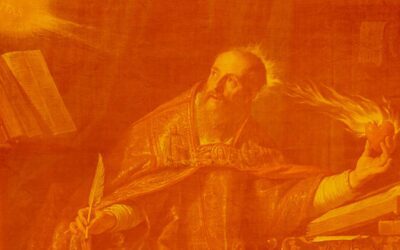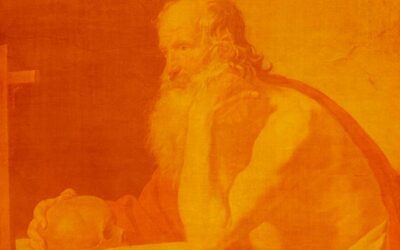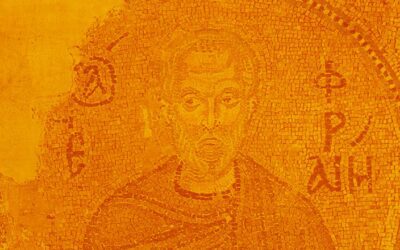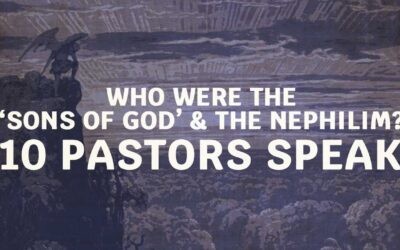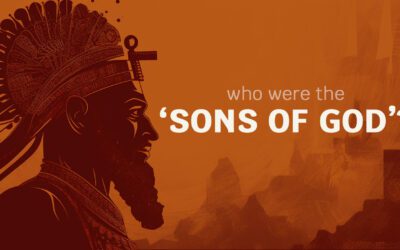Bardaisan, also known as Bardesanes, was an influential Assyrian or Parthian Christian writer and teacher who lived from 154 to 222 AD. With a gnostic background, Bardaisan founded the Bardaisanites, a religious group that developed its own heterodox Christian dogma.
In examining Bardaisan’s beliefs, we can gain insights into his thoughts on free will and the fallen angels.
The Significance of Free Will:
According to Bardaisan, the goodness of God is evidenced by the immense gift of free will bestowed upon humanity. He emphasized that humans possess greater free will than the elements themselves.
Bardaisan believed that even the angels shared in this free will, allowing them to interact with humanity in unforeseen ways.
It will therefore be manifest to you, that the goodness of God is great toward man, and that freedom has been given to him in greater measure than to any of those elemental bodies of which we have spoken, in order that by this freedom he may justify himself, and order his conduct in a godlike manner, and be copartner with angels, who are likewise possessed of personal freedom.
For we are sure that, if the angels likewise had not been possessed of personal freedom, they would not have consorted with the daughters of men, and sinned, and fallen from their places.
In like manner, too, those other angels, who did the will of their Lord, were, by reason of their self-control, raised to higher rank, and sanctified, and received noble gifts.
For every being in existence is in need of the Lord of all; of His gifts also there is no end.
Books of the laws of diverse countries
Angels, Free Will, and theIR Fall:
Bardaisan asserted that the angels, like humans, possessed free will. He reasoned that their involvement with the daughters of men, as mentioned in Genesis 6, was a result of their own free choices.
Bardaisan contended that had the angels not possessed free will, they would not have fallen from their heavenly positions or engaged in sinful actions. This notion highlights Bardaisan’s belief that free will extends beyond humanity, encompassing even celestial beings.
Exaltation and Sanctification:
In Bardaisan’s worldview, those beings, including angels, who exercised their free will in accordance with the divine will were rewarded. By demonstrating self-control and adhering to the will of their Lord, they achieved exaltation and sanctification. Bardaisan emphasized that such individuals received mighty gifts, suggesting that their obedience and alignment with divine purpose led to spiritual elevation.
The Interplay of Ordinance and Freedom:
While Bardaisan acknowledged that certain elements of existence operate by divine ordinance, he maintained that even within this framework, freedom is not entirely absent. His perspective implies that all entities, regardless of their ordained roles, possess some degree of freedom. Bardaisan believed that this freedom would ultimately subject all beings to judgment on the last day, emphasizing the idea of universal accountability.
Conclusion:
Bardaisan’s understanding of Genesis 6 reveals his profound appreciation for the greatness of humanity’s free will, which he believed mirrored the free will possessed by angels. Through this lens, Bardaisan emphasized the capacity of humans to align themselves with the divine, just as the angels could. He viewed the angels’ interactions with humans as a consequence of their own free choices and saw their fall as a testament to the significance of free will.

